| While babies might have naming parties, couples wedding parties, a book launch party can be both celebration of a significant milestone and a marketing opportunity. I might be only on my second novel, but I have a fat party-to-publication ratio of 3:2. So, still buzzing from my latest, I hope these pointers based on my experience of hosting a launch party might be of use to others who have yet to foist one on your friends. |
Find out, before ordering in crates of champagne, how much, if anything, your publisher is prepared to contribute. Even with their input, you’d be lucky to break even on profit versus outlay, so it’s worth giving some thought at the outset to the balance between finance and festivity that’s right for you. While this isn’t the Oscars, it’s still a party. You don’t want to max out your credit card to pay for it but, when you’ve gathered your nearest and dearest together, you don’t want to be too mean.
Refreshments
| I’ve provided wine and nibbles, with non-alcoholic alternatives, and, while wine buffs might wrinkle their noses, I’ve served boxed wine for both convenience of transportation and price. Home-baked fairy cakes or, in my case, shop-bought mini muffins, look impressive, for minimal outlay, with rice-paper toppers printed in edible ink with the cover of your book. But, beware: while my first cover printed beautifully, my second came out too dark. Rice paper is off-white, so what appears clear on-screen may not be when printed. I was able to photo-shop my cover to make it lighter; however, while this looked effective the colour turned my tongue a disturbing blue. Lesson learned: no cake toppers for dark blue books. |
A bookshop is an obvious choice but, if like me you’re small-press published and taking the books along yourself, think carefully about whether the use of their facilities is worth the 40% cut they’ll require on sales. On the other hand, you might be able to hire a function room in a pub for nothing more than sales at the bar but, for me, it wouldn’t provide a sufficiently literary atmosphere. Hiring a room in a library might be a suitable alternative, as it was for the Newcastle launch of my debut, Sugar and Snails, with the advantage of building a relationship with the people you need to champion your book. For the others, I’ve capitalised on my membership of a Writers’ Studio.
Choosing a venue that reflects your book’s theme or setting would be neat but might blow your budget, as I found when investigating hospitality services at Newcastle University where Diana,the narrator of Sugar and Snails, works as a psychology lecturer. On the other hand, having chosen the venue to launch my second novel, Underneath, primarily for convenience, I was initially unconscious of how fitting the basement event space was for a novel about a house with a cellar.
The advantage of holding your event in a venue open to the public is that people might turn up out of curiosity, so make sure that it’s appropriately advertised through social media and a notice on the door. Otherwise, invite whoever you’d like to share the occasion with you, whether they’re interested in books or not. It’s great if friends can help spread the word but, unless you are already extremely famous, it’s probably not worth inviting the press.
You’ll probably need to rope in some friends and family to help out on the night. You’ll be too busy greeting people, signing books and feeling excited to orchestrate the event. Unless you’re in a bookshop, someone will need to sell your books, and have the foresight to bring a cashbox so they can hand out change. It helps if someone else can introduce your reading, but it’s not essential. At my first launch, I had the luxury of preambles from both the director of the Writers’ Centre and my publisher. At my third, there was only me – and a teacher friend with a loud voice to let people know we were starting! Other considerations worth delegating to others include taking photos, keeping track of time and pouring the wine (although your guests will probably be sufficiently motivated to manage the latter themselves).
A friend having arranged for a couple of young musicians to perform (solely for the experience) at one of the parties for my debut novel, I was worried about affordable entertainment at the other. So I set up a laptop with music associated with the novel and another to display the reviews. But they weren’t needed. People were happy to mingle and chat until it was time for me to do my reading. Lesson learned: you are the entertainment.
The reading
This is your chance to let people know about your fabulous new book. Tailor your reading to the interests of your audience and to your own specific strengths. For example, if you enjoy ventriloquising different voices, a conversation between your characters might work well but, otherwise, dialogue is much harder to follow than description.
At my first event, I read the first chapter. At my second, I read the third – because the party took place very near that chapter’s setting – but had to introduce the characters and context before I began. At my most recent launch, I told a story about the novel, obviously without spoilers, interspersed with short readings from each of the three versions of my narrator, Steve.
Half an hour is a good length to keep people’s attention and, of course, do practice in advance. I’ve also learnt that I can omit, or alter, the words I might stumble over, such as pensive in the opening chapter of my first novel and sangfroid in my second. No-one will be checking up on you or, if they are, there’s no shame in making it easier for yourself.
Dress code
Just as only you could have written the book you’re launching, only you can decide what to wear. Dress up or dress down, formal or informal, in character or not, unlike a wedding, there’s no standard against which your outfit can be compared. If, like one of my fictional characters, you’ve ever felt nervous about dressing for an occasion, relax! This is the one time you can’t possibly get it wrong.
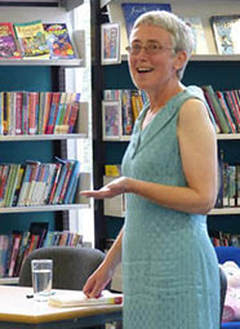
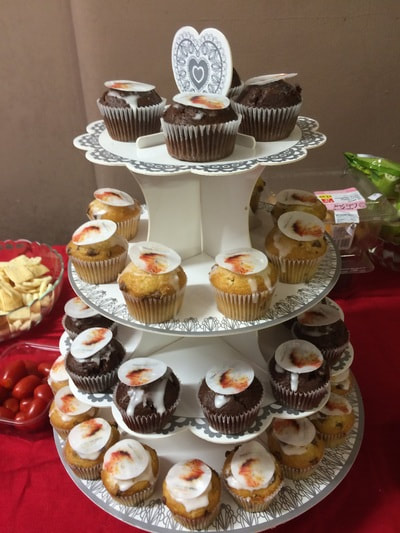
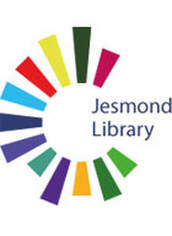
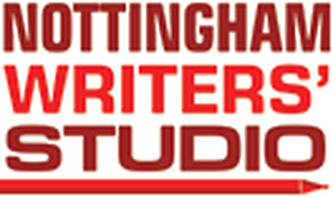
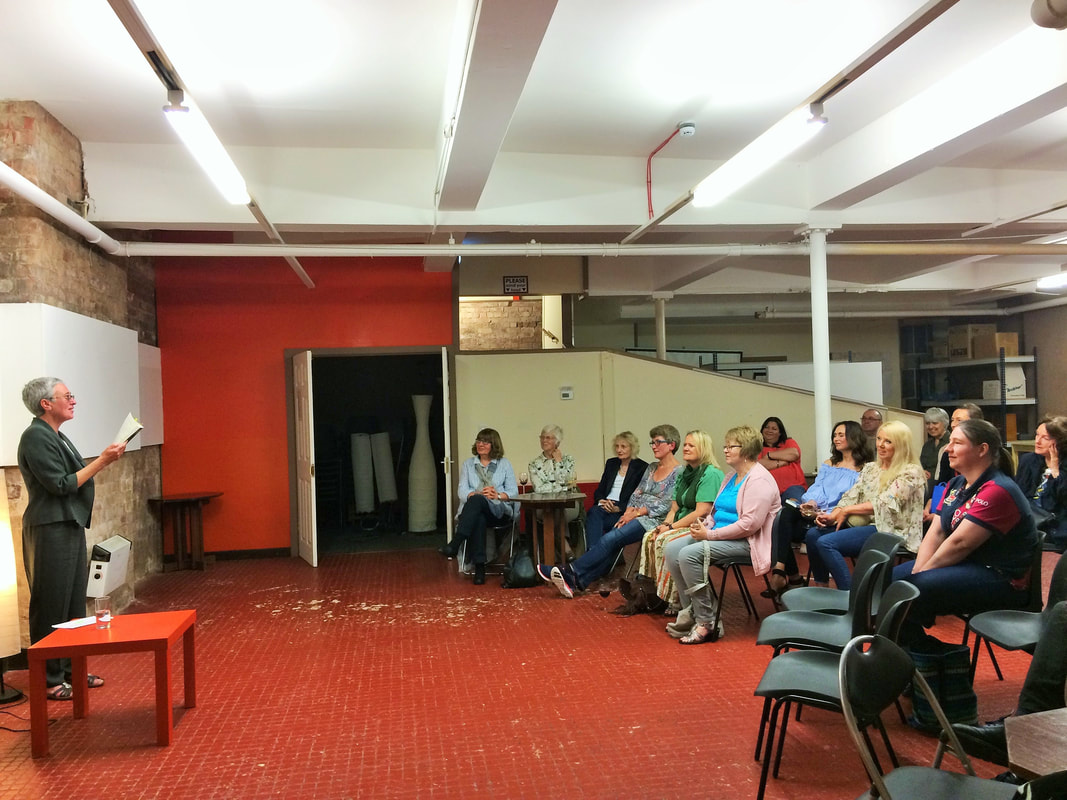

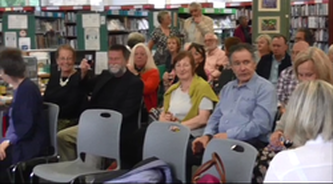

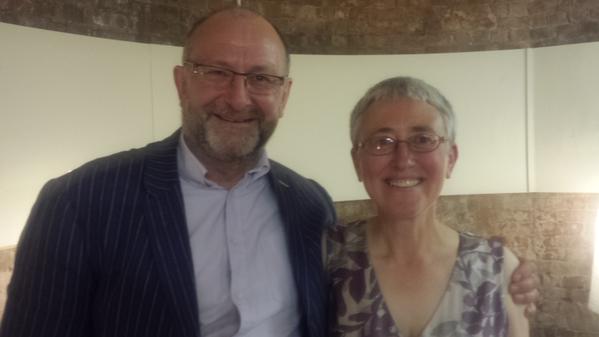

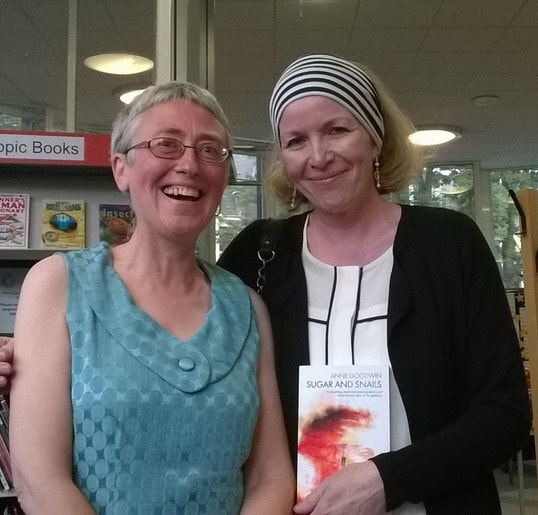
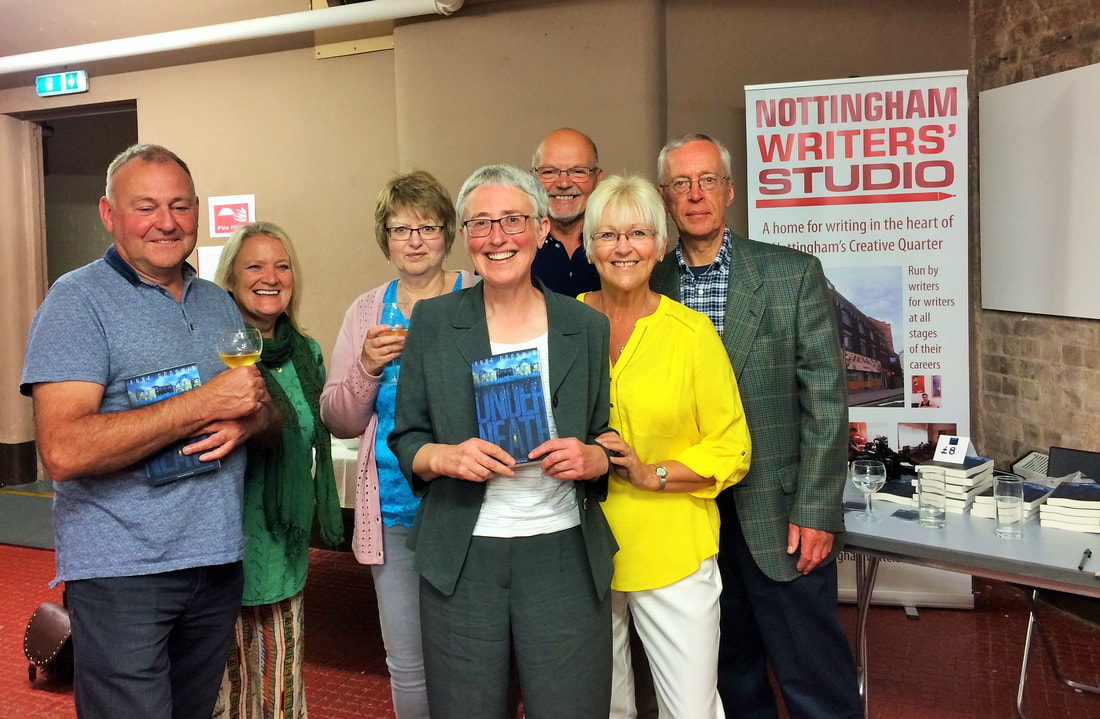

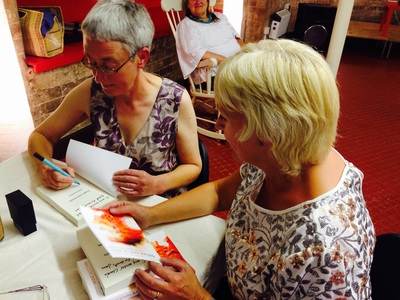
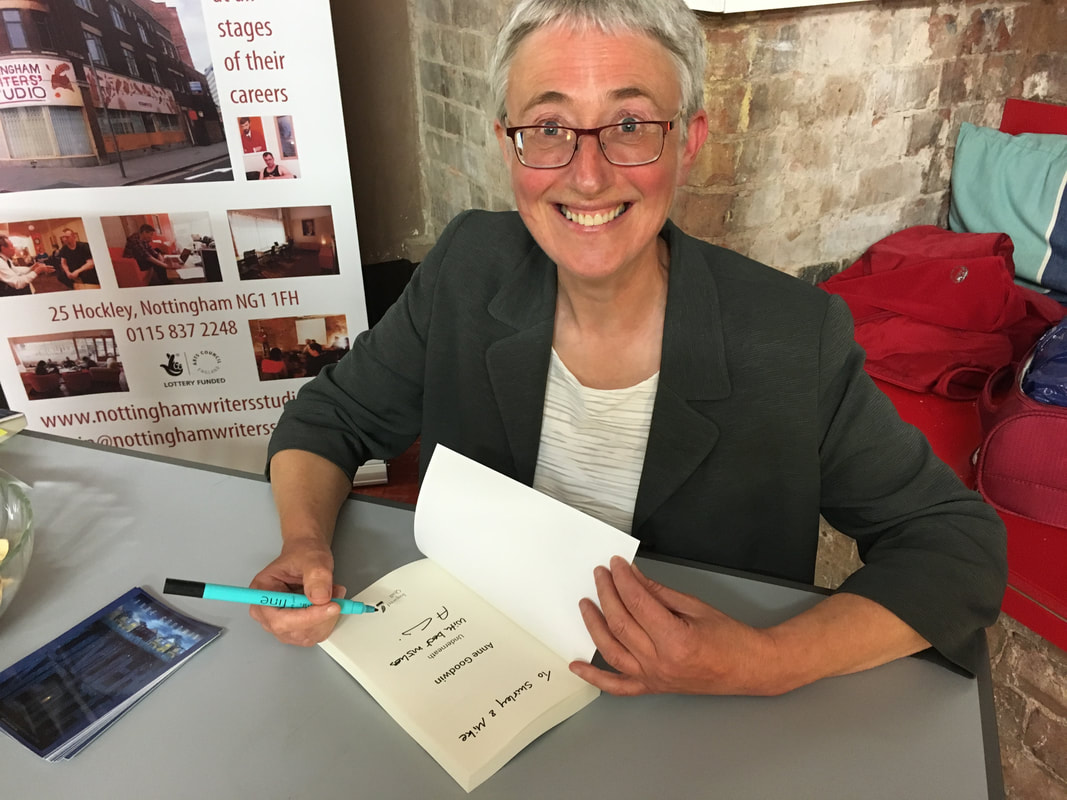






















 RSS Feed
RSS Feed





















